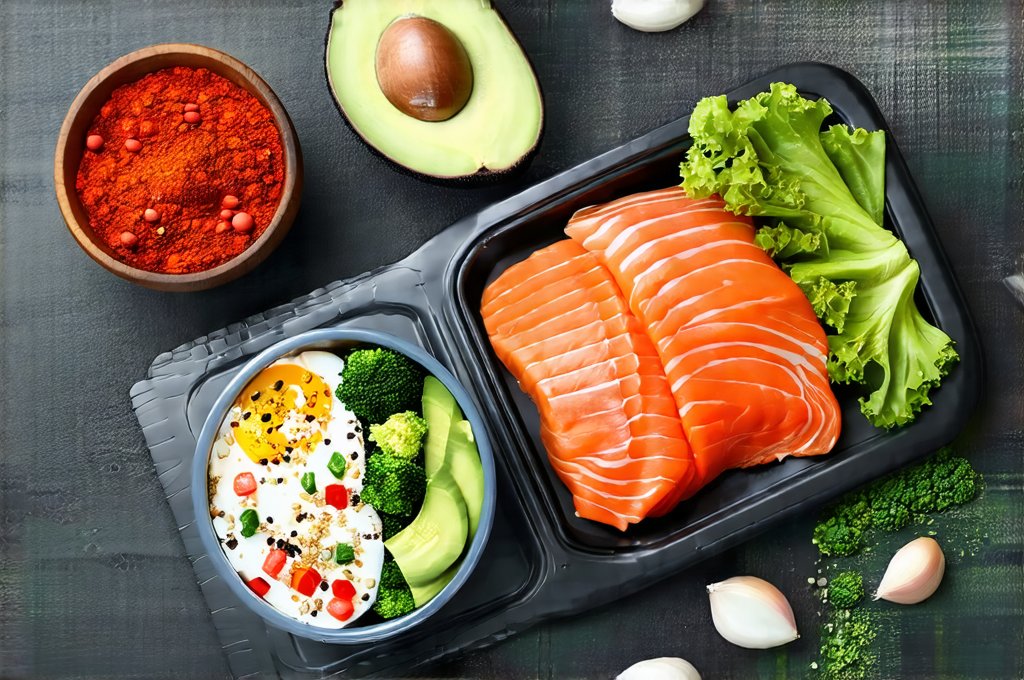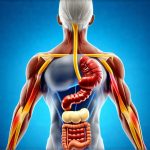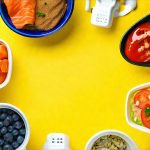Many athletes and fitness enthusiasts have experienced it – the dreaded feeling of bloating, cramping, or just general fullness during a workout. It’s incredibly disruptive, hindering performance and making even moderate exercise feel like a monumental task. Often, this discomfort stems from what we eat before hitting the gym. The pre-workout meal is crucial; it provides the energy needed to power through your session, but choosing the wrong foods can easily backfire. Understanding how our bodies digest different macronutrients and timing your intake are key elements in optimizing performance without sacrificing comfort. It’s not about restriction or deprivation, but rather intelligent food choices that support – instead of sabotage – your fitness goals.
The challenge isn’t necessarily avoiding all food before exercise; it’s navigating the complexities of digestion and absorption. Different foods digest at different rates. Foods high in fat and fiber, for example, take longer to break down, increasing the likelihood of digestive distress during activity. Conversely, simple sugars provide quick energy but can lead to a rapid spike and crash, leaving you feeling sluggish mid-workout. Finding the sweet spot requires a personalized approach that considers individual tolerance levels, workout intensity, and timing. It’s about fueling your body effectively without overwhelming your digestive system. If you suspect food sensitivities are playing a role, consider identifying food intolerances that may be causing issues.
Optimizing Macronutrient Ratios
The composition of your pre-workout meal – the balance between carbohydrates, proteins, and fats – significantly impacts how you feel during exercise. Carbohydrates are generally considered the primary fuel source for most workouts, providing glucose to power muscles. However, not all carbs are created equal. Complex carbohydrates like oats or sweet potatoes offer sustained energy release compared to simple sugars found in candy or sugary drinks. A moderate carbohydrate intake is usually ideal; too much can lead to bloating, while too little leaves you feeling depleted. Protein plays a vital role in muscle repair and recovery, but it digests slower than carbs. Including a small amount of lean protein can help stabilize blood sugar levels and prevent excessive muscle breakdown during exercise. Fats, on the other hand, should be minimized in your pre-workout meal due to their slow digestion rate – they’re fantastic for overall health but not ideal immediately before activity. Understanding the gut’s reaction to different foods can further help you make informed choices.
A good starting point is a ratio leaning towards carbohydrates with moderate protein and minimal fat. For example, a small banana with a tablespoon of peanut butter or a rice cake with a thin spread of avocado can provide sustained energy without causing digestive upset. Experimenting to find what works best for your body is crucial. Pay attention to how different ratios affect your performance and comfort levels. Consider the duration and intensity of your workout – longer, more intense sessions may require slightly higher carbohydrate intake. It’s about fueling your body effectively without overwhelming your digestive system. You might also explore weekly menu creation to plan ahead and ensure optimal nutrition.
Finally, hydration plays a critical role. Dehydration can mimic feelings of hunger or fullness, so ensure you’re adequately hydrated before, during, and after exercise. Water is always best, but electrolyte drinks can be beneficial for prolonged or high-intensity workouts. Remember that individual needs vary based on factors like sweat rate and climate.
Timing Your Pre-Workout Fuel
The timing of your pre-workout meal is just as important as what you eat. Generally, a larger meal should be consumed 2-3 hours before exercise to allow sufficient time for digestion. This allows the majority of food to leave the stomach and enter the small intestine for nutrient absorption without causing discomfort during activity. If you have less than two hours, opt for a smaller, more easily digestible snack. The closer you get to your workout, the simpler the food should be. Skipping breakfast can also impact this timing – midday acid attacks are a common consequence of inadequate morning fueling.
- A 2-3 hour window: Focus on complex carbohydrates with moderate protein and minimal fat (e.g., oatmeal with berries and a scoop of protein powder).
- A 1-hour window: Choose easily digestible carbs like a banana or rice cake.
- A 30-minute window: A small amount of quick-digesting carbohydrate, such as a few glucose tablets or a small sports drink, might be beneficial for an extra energy boost – but avoid anything substantial.
Experimenting with timing is essential to find what works best for you. Some individuals can tolerate larger meals closer to exercise than others. Listen to your body and adjust accordingly. Avoid consuming large amounts of fiber right before working out as it’s known to cause digestive issues. This includes things like beans, broccoli, or bran cereal.
Food Choices That Minimize Fullness
Certain foods are inherently less likely to cause bloating or discomfort during exercise. Easily digestible carbohydrates like bananas, white rice (in moderation), and sweet potatoes tend to be well-tolerated by most people. Lean protein sources such as Greek yogurt, egg whites, or a small portion of chicken breast provide amino acids without being heavy on the digestive system. When choosing fats, opt for small amounts of healthy fats that are easily absorbed, like avocado or a tablespoon of nut butter.
Avoid foods known to cause gas and bloating, such as cruciferous vegetables (broccoli, cauliflower), beans, lentils, carbonated beverages, and artificial sweeteners. Dairy can also be problematic for some individuals; consider lactose-free alternatives if you suspect intolerance. Hydration is key – sip water throughout your pre-workout meal rather than chugging large amounts at once. If acid reflux is a concern, explore ways to design a kitchen routine that minimizes triggers.
Personalized Strategies & Listening to Your Body
Ultimately, the best pre-workout meal is one that works for you. There’s no one-size-fits-all solution. Start by experimenting with different foods and timings to identify what provides sustained energy without causing digestive distress. Keep a food journal to track your meals, workouts, and how you feel during and after exercise. This can help you pinpoint trigger foods or timing issues.
Don’t be afraid to adjust your pre-workout routine based on the type of workout you’re doing. A light yoga session requires less fuel than a heavy weightlifting session. Also, consider your individual tolerance levels – some people are more sensitive to certain foods than others. Pay attention to how your body responds and make adjustments accordingly. You can also explore everyday meals that support digestive health generally, not just before workouts.
Finally, remember that pre-workout nutrition is just one piece of the puzzle. Adequate sleep, stress management, and overall healthy eating habits also play a crucial role in optimizing performance and well-being. Don’t obsess over perfection; focus on making small, sustainable changes that support your fitness goals. If you experience persistent digestive issues or have concerns about your diet, consult with a registered dietitian or healthcare professional for personalized guidance. You may find it helpful to spot delayed reactions if you suspect certain foods are causing problems even hours after eating them.


















